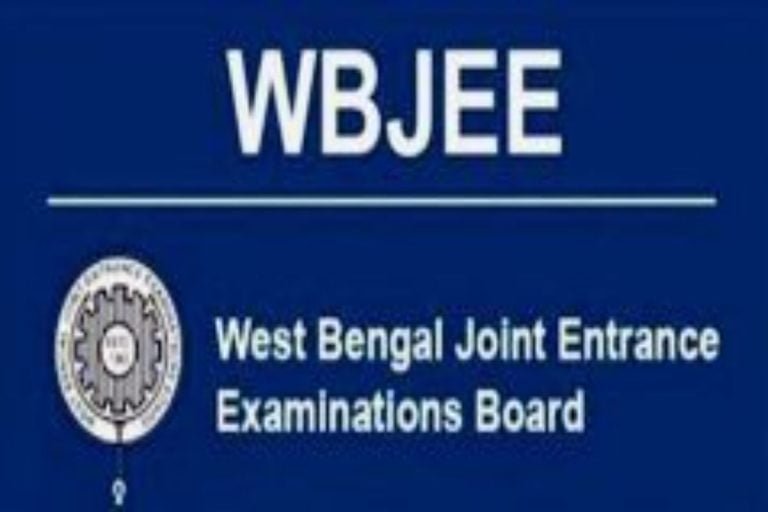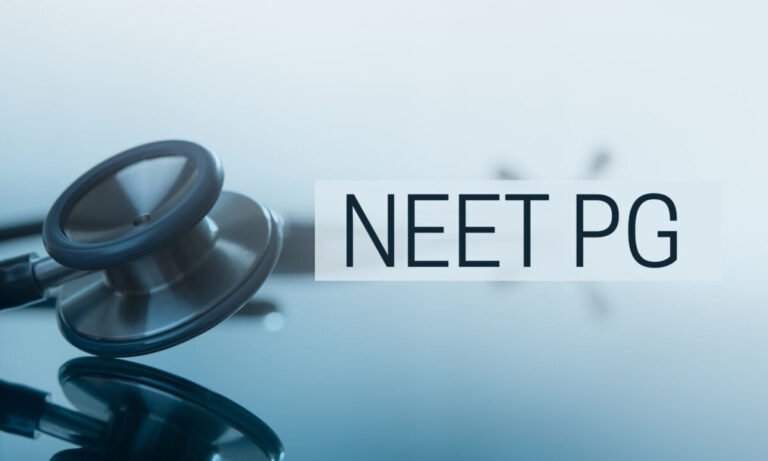Post Views: 10
The Karnataka government has announced that the annual tuition fees for undergraduate MBBS and BDS programs in both government and private medical and dental colleges will remain unchanged for the 2025–26 academic year. This decision comes despite repeated requests from private institutions to increase the fees by 10–15%.
💰 Background & Government Decision
In the previous academic year, the MBBS fees in private colleges were increased by 10%, from ₹9.95 lakh to ₹11.88 lakh per seat.
For 2025–26, the government has declined any further hike, stating that the earlier increase was sufficient to meet institutional needs.
A formal agreement solidifying the decision is expected to be signed soon between the government and private institutions.
🎯 Government’s Focus on Affordability
The state government emphasized its commitment to ensuring affordable professional education for all students.
A dedicated fee-regulatory committee has been tasked with monitoring compliance and preventing arbitrary hikes in medical, dental, and nursing education fees.
The Medical Education Minister also urged the National Medical Commission (NMC) to increase MBBS and PG medical seats in the state, ensuring broader access to medical education.
📊 Key Highlights of the Fee Freeze
Government medical colleges: Continue to follow subsidized fee structures with no change.
Private medical colleges: The annual MBBS fee remains at ₹11.88 lakh, as fixed during the 2024–25 session.
Dental colleges: BDS fees will also remain as per last year’s structure.
🔍 What This Means for Students
Medical aspirants in Karnataka can plan their education expenses without worrying about increased fees.
This provides much-needed financial relief, especially for families from economically weaker backgrounds.
Students participating in NEET UG counselling must still verify college-specific fee details and admission norms during choice filling.
The decision to maintain fee stability reflects the state’s ongoing efforts to balance institutional sustainability with student affordability. It also assures medical and dental aspirants a predictable financial framework for the upcoming academic year.







